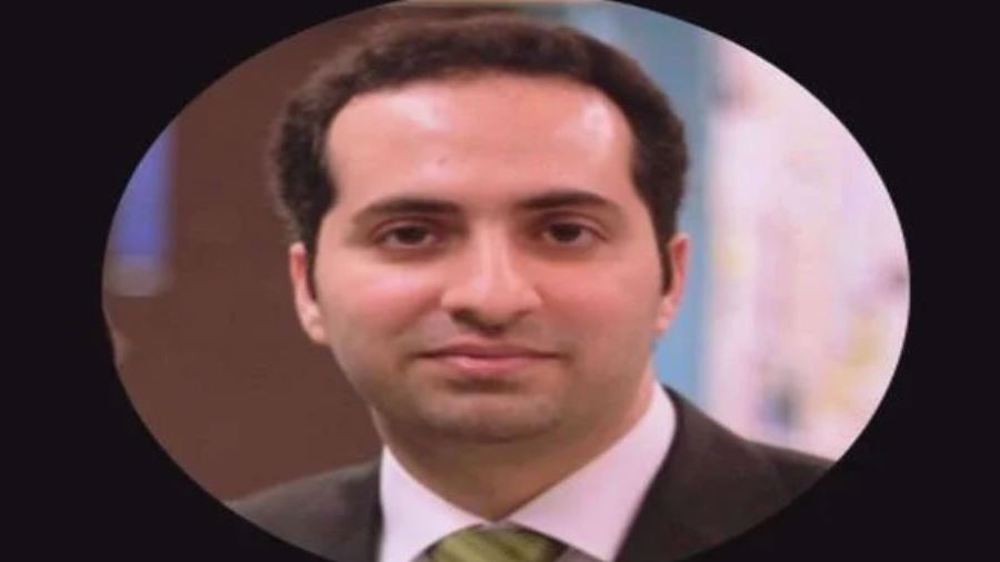Iran will continue Iraq, Syria advisory missions: Senior official
A senior official says Iran will continue its advisory military assistance to the Iraqi and Syrian governments in their fight against terrorism.
The remarks by Deputy Foreign Minister Hossein Amir-Abdollahian on Monday came a day after Saudi Foreign Minister Adel al-Jubeir called for an end to Iran’s support for Iraq and Syria in their fight against terrorist groups.
“Iran will proudly and firmly carry on with its advisory assistance to the serious fight against terrorism in the region," Amir-Abdollahian said.
Iran, he said, deems the assistance "a critical issue that contributes to the security and stability of all the countries in the region and the world.”
Iraqi military forces and popular militia units are currently battling Takfiri terrorists on several fronts. On Monday, Iraqi commanders said their forces have entered Fallujah in a major victory against militants.
Amir-Abdollahian referred to the Fallujah operation and said, “Had it not been for Iran’s assistance and the effective measures of the army and popular forces in Iraq and Syria in the fight against terrorism, there would have been no safe spot in the sensitive West Asia region.”

“Unfortunately, the state and non-state sponsors of the terrorists and the parties that use terrorism as a tool have both threatened the security of the region and the world, and had to suffer losses,” he said.
Amir-Abdollahian said Tehran calls for political solutions to conflicts, a serious fight against terrorism, and all-out regional cooperation.
Writing on his Instagram page, Mohsen Rezaei, another senior Iranian official, also reacted to the comments by the Saudi foreign minister, saying Jubeir lacks the necessary grounding in politics and diplomacy expected of a statesman.

Jubeir “says the Iraqi government does not have the right to seek Iran’s help in defending the country; at the same time, he believes occupying Yemen is [Saudi Arabia’s] legal right,” Rezaei wrote.
Saudi Arabia has been engaged in a bloody war against Yemen since March 2015. More than 9,400 people have been killed and at least 16,000 others injured since the onset of the Saudi war.
Rezaei, who is the secretary of Iran’s Expediency Council, also referred to the deployment of Saudi forces to Bahrain to help Manama suppress a popular uprising. “They have entered Bahrain with tanks,” he said.
“They wouldn’t even take up the task of protecting foreign nationals in the Hajj rituals, and are stonewalling in the visa issuance process,” he said.
Jubeir’s behavior, he said, is like that of “desert-dwelling people” who have only recently migrated to the city.
“Mr. Jubeir,” he said jokingly, “you’ve got to come to Iran so we give you training in politics and diplomacy.”
Iran and Saudi Arabia have severed diplomatic ties. The cutting of the ties came after attacks on vacant Saudi diplomatic perimeters in Iran during otherwise peaceful demonstrations against Saudi Arabia’s execution of prominent Shia cleric Sheikh Nimr al-Nimr in January.
Iran condemned the attacks and arrested some 100 people in connection with the violations of the diplomatic perimeters.
‘Ethnic cleansing’: Hamas blasts Israeli attacks on Gaza hospital amid intl. silence
Saudi delegation meets HTS leader at presidential palace in Damascus
Relentless Israeli ceasefire violations justify need for self-defense: Lebanese MP
Tel Aviv tells Damascus Israeli forces will remain in occupied territory: Report
Dec. 22: ‘Axis of Resistance’ operations against Israeli occupation
‘Abhorrent’: Oxfam says only 12 trucks delivered aid in North Gaza since Oct.
VIDEO | Leader receives religious eulogists on Hazrat Fatima birth anniv.
Pope Francis slams Israel’s ‘machine-gunning’ of Gaza children













 This makes it easy to access the Press TV website
This makes it easy to access the Press TV website